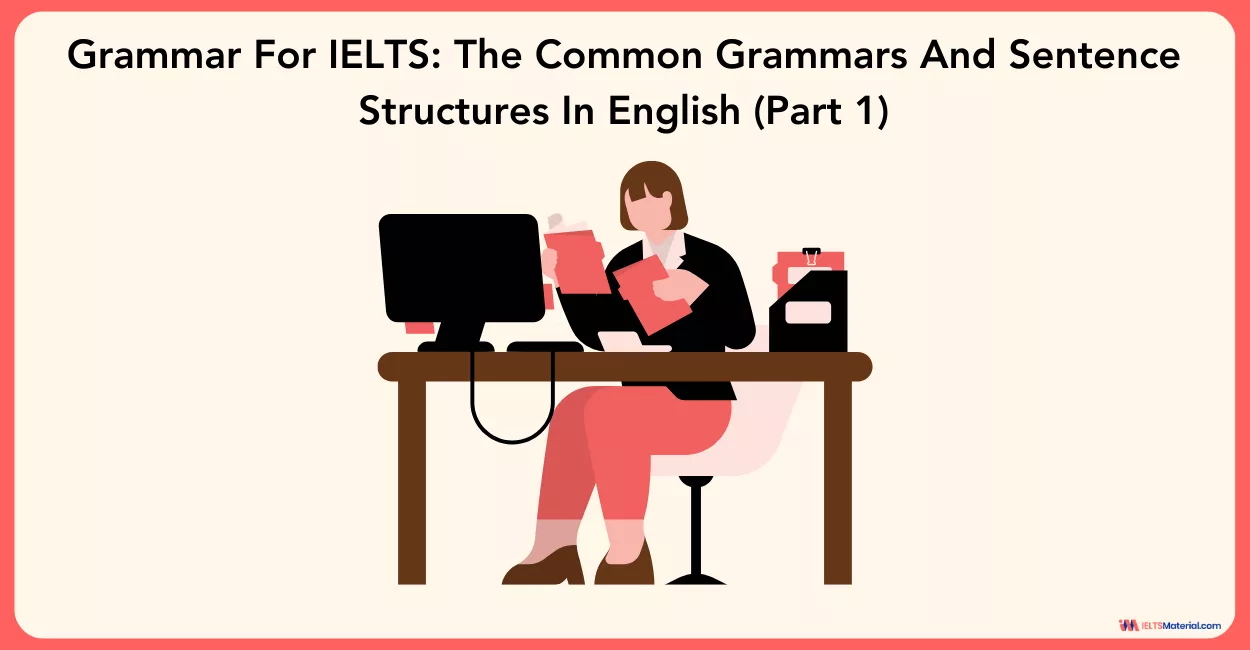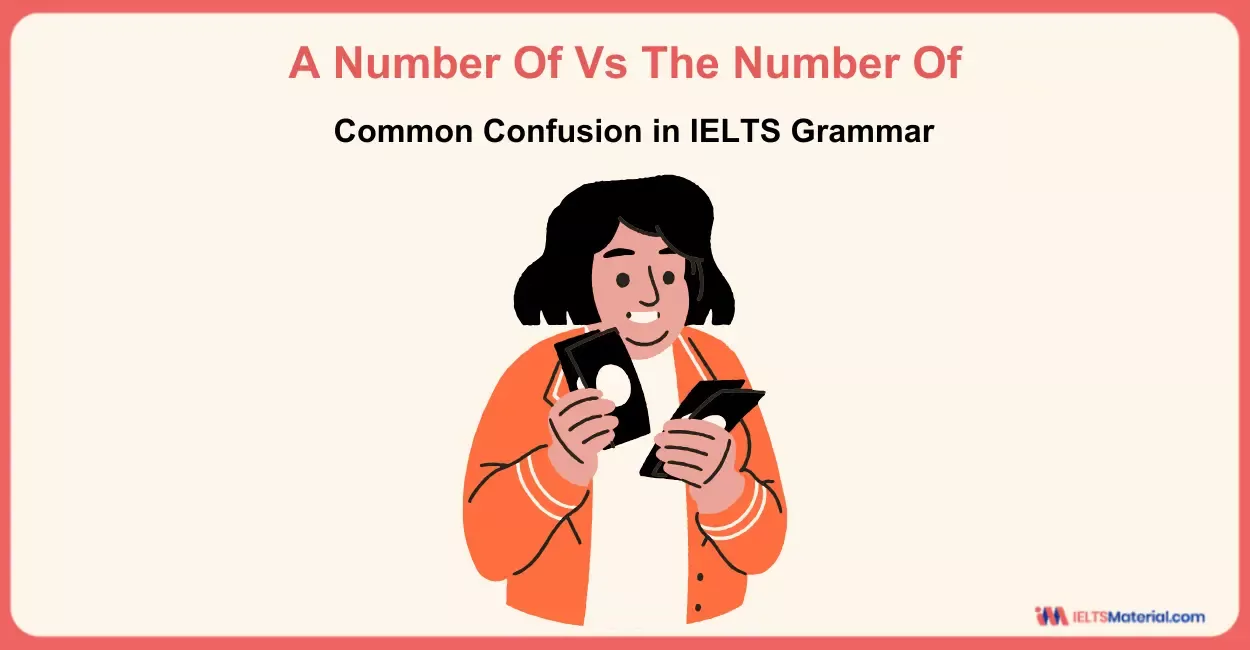IELTS Grammar
-
Copy link

Limited-Time Offer : Access a FREE 10-Day IELTS Study Plan!
“Struggling with grammar in IELTS? Learn how grammar impacts all four IELTS sections and discover tips to improve your accuracy and range to achieve a Band 7 or higher. “
Grammar is a crucial component of the IELTS exam, directly affecting your scores in both the Writing and Speaking sections, and indirectly influencing your performance in the Reading and Listening modules. If you’re aiming for a Band 7 or above, grammar accuracy and range must be an integral part of your IELTS preparation.
In this comprehensive guide, we’ll explore why grammar is so important in each section of the IELTS test and how you can improve your grammatical accuracy and flexibility to boost your overall performance and achieve your desired IELTS Band Score.
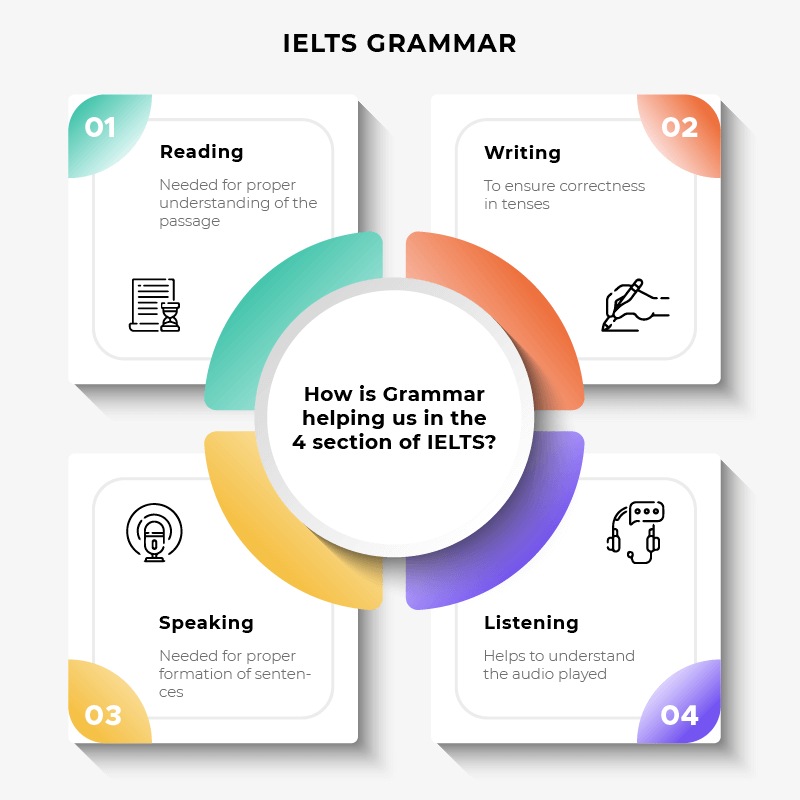
Why Grammar Matters in IELTS?
IELTS assesses grammar under the Grammatical Range and Accuracy criterion in the Writing and Speaking sections. Examiners look for:
- Accuracy: Use of correct tenses, subject-verb agreement, sentence structures, and punctuation.
- Range: Ability to use simple, compound, and complex sentence forms effectively.
- Consistency: Minimal errors that do not impede understanding.
However, grammar is not limited to writing and IELTS Speaking alone. It also plays an essential role in understanding IELTS Reading passages and Listening transcripts.
Let’s break it down section by section.
Grammar in the IELTS Reading Section
Although you’re not directly tested on grammar in the IELTS Reading module, a strong grasp of grammar is vital to understand sentence structures, implied meanings, and complex clauses.
Example:
Question: Jack and Jim ____________ at the airport. (No more than THREE words)
Correct Answer: met at the airport
Incorrect Answers:
- met in the airport (wrong preposition)
- met at airport (missing article "the")
In this example, grammar knowledge (prepositions and articles) helps identify the accurate answer. Minor errors in understanding prepositions or noun phrases can cost you marks in sentence completion or summary completion questions.
Join our IELTS online classes for expert guidance. Sign up today!
Grammar in the IELTS Speaking Section
The Speaking module tests your fluency, coherence, vocabulary, pronunciation, and, importantly, grammatical range and accuracy. Your grammar is on display from the moment you start answering the examiner’s questions.
What Examiners Look For:
- Variety of sentence structures (simple, compound, complex)
- Correct verb tenses (past, present, future)
- Proper use of prepositions, articles, modals, and conditionals
Common Grammar Mistakes in IELTS Speaking:
-
Incorrect pronoun order: “I and my friend went...”
Correct usage: “My friend and I went...” -
Tense inconsistency: “I work at a company since two years.”
Correct usage: “I have been working at a company for two years.”
These may seem like small mistakes, but they significantly lower your score if they occur frequently.
Grammar in the IELTS Writing Section
Grammar is perhaps most important in the IELTS Writing module, where it accounts for 25% of your score. Errors in tenses, subject-verb agreement, articles, or sentence structure can lower your band score dramatically.
Key Grammar Areas for Writing:
- Tense usage: Describe processes in present simple, trends in past tense, and predictions using future tense.
- Sentence variety: Avoid only using simple sentences. Combine them into compound or complex forms.
- Punctuation: Use commas, full stops, and colons correctly to improve readability.
- Subject-verb agreement: Ensure the verb matches the subject in number and person.
Example:
Incorrect: The rose plant need water.
Correct: The rose plant needs water.
Incorrect: There is many issues in the report.
Correct: There are many issues in the report.
Even minor grammar errors like these can lead to a Band 6 or lower if they occur frequently in your IELTS Writing Task 1 or IELTS Writing Task 2 responses.
Grammar in the IELTS Listening Section
Grammar plays a subtle but essential role in the IELTS Listening module. You may lose marks if your answer is grammatically incorrect, even if you understood the audio correctly.
Example Question:
When do they usually meet? (Write no more than TWO words)
- Incorrect Answers: Tuesdays, In Tuesdays, At Tuesdays
- Correct Answer: On Tuesdays
In such questions, correct preposition use is essential. Even one wrong word can make your answer invalid.
In summary completion tasks, grammar also helps you determine the correct verb forms, singular/plural nouns, and articles to complete the sentences logically and accurately.
How to Improve Your IELTS Grammar?
Here are practical steps to level up your grammar for IELTS:
1. Master the Basics First
Start with subject-verb agreement, verb tenses, articles, and prepositions. Without strong foundational knowledge, complex structures won’t make much sense.
2. Learn Sentence Structures
Understand how to build compound and complex sentences. Use linking words like "although," "despite," "therefore," and "moreover" to connect ideas.
3. Use a Grammar Notebook
Create a personal grammar log. Note common errors you make and revisit them regularly to avoid repeating them.
4. Practice with IELTS Grammar Workbooks
Use resources like:
- Cambridge Grammar for IELTS
- IELTSMaterial’s Grammar eBook
- Online grammar tests and quizzes
5. Get Feedback from Experts
Join IELTS coaching programs or online classes where trainers can evaluate your speaking and writing for grammar errors and help you improve in real time.
Are you having difficulty in learning grammar for IELTS? Book a FREE Demo!
Importance of Grammar in Boosting IELTS Band Score
Here’s how grammar accuracy affects your IELTS performance directly:
| IELTS Module | Grammar Contribution | Score Impact |
|---|---|---|
| Writing Task 1 & 2 | Grammar Range and Accuracy = 25% | Band 6 vs Band 7+ depends on it |
| Speaking | Grammar Range and Accuracy = 25% | Frequent mistakes reduce fluency perception |
| Reading | Indirect role in comprehension | Misunderstanding structures may lead to incorrect answers |
| Listening | Essential for sentence completion | Minor grammatical mistakes = wrong answers |
Explore our IELTS eBook store for top-rated books curated by experts. Buy now & elevate your IELTS preparation!
Final Thoughts: Don’t Let Grammar Cost You Marks
Grammar may not seem as exciting as vocabulary or practice tests, but it’s essential to your IELTS success. A clear, accurate, and grammatically correct response helps you stand out and score better in Writing and Speaking, and helps you interpret Reading and Listening questions more effectively. By focusing on grammar, you not only avoid costly mistakes but also empower yourself to speak and write with confidence and precision.
Frequently Asked Questions
Why is grammar important in IELTS?
Is it a grading factor in IELTS?
How is grammar important in the listening section?
How to improve my grammar?
Are there particular grammar topics I have to concentrate on?
Recent Articles
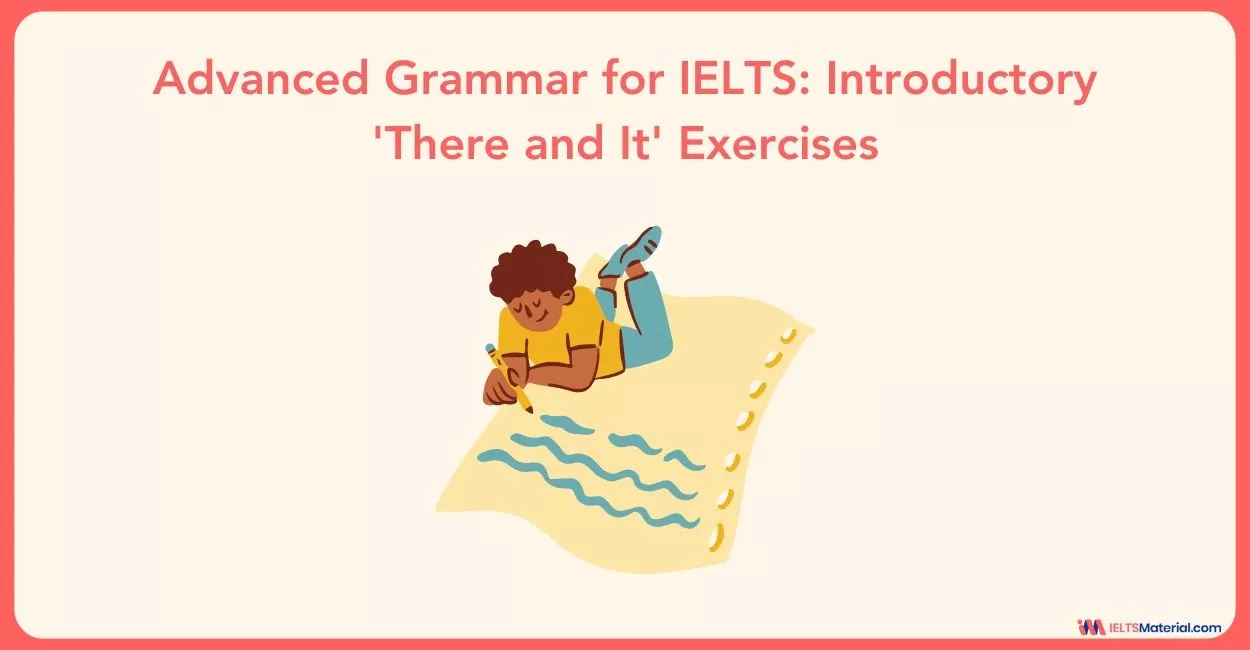
Nehasri Ravishenbagam
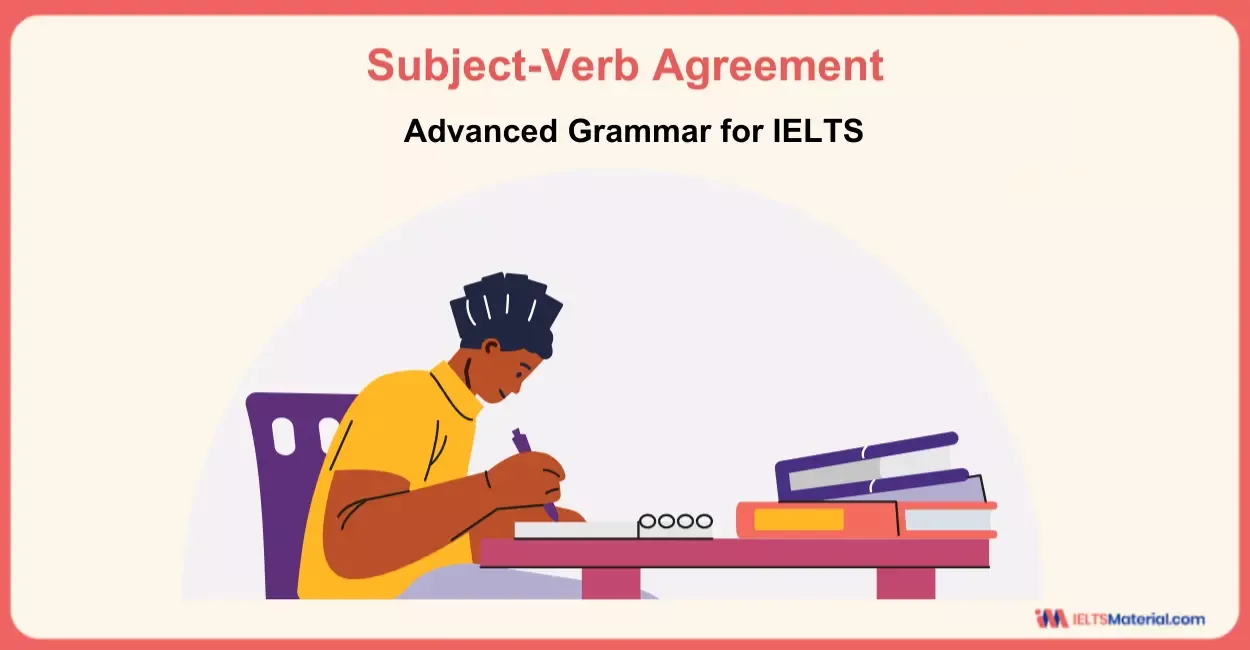
Prity Mallick

